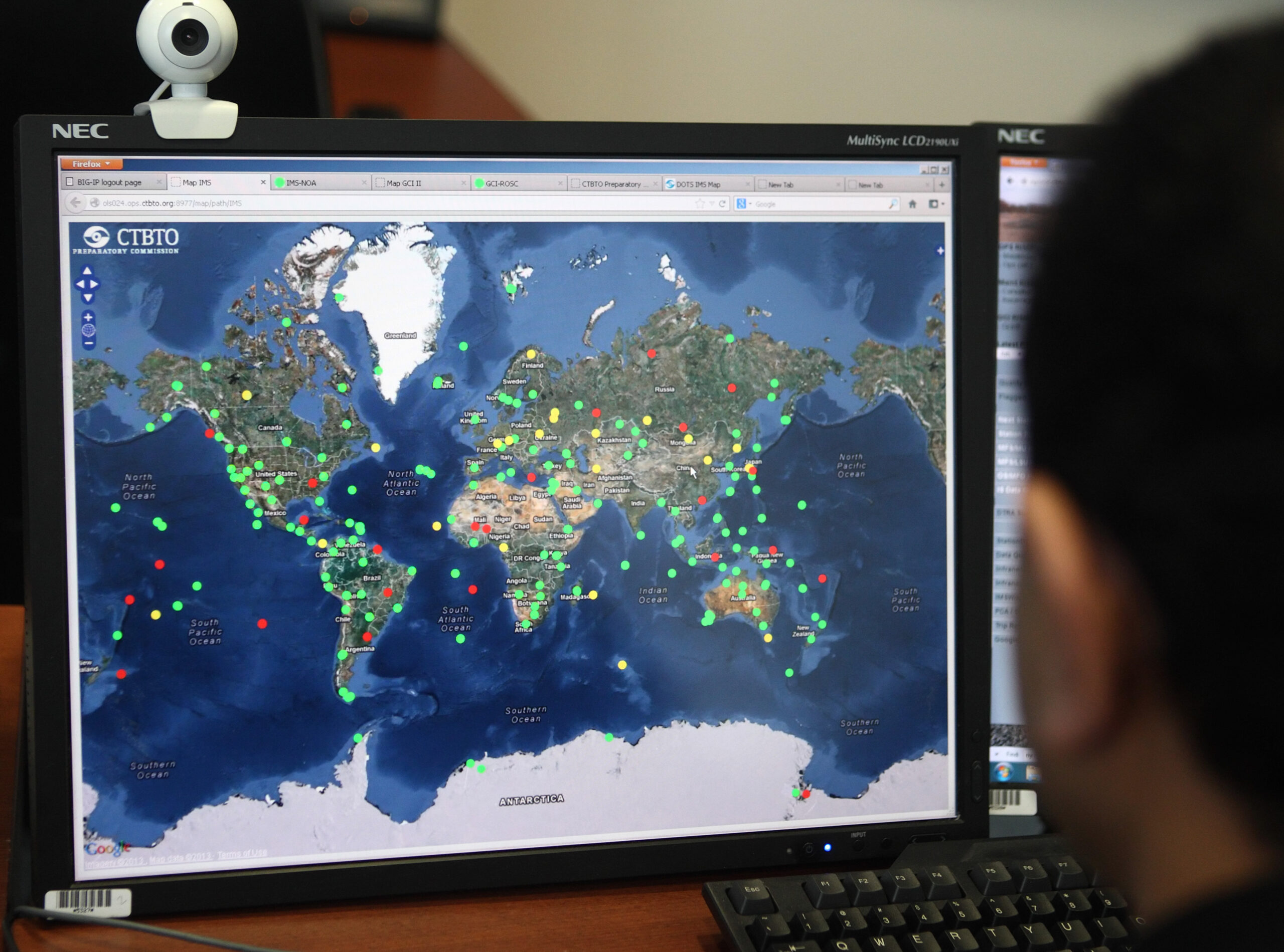Longevity, influence and the social media trap: Who do we trust with our health?
In a world where six-pack abs are flaunted more than six-point health plans, who are we really trusting […]

The Comprehensive Nuclear Test Ban Treaty (CTBT) is an international agreement that prohibits any nuclear weapon test explosion or nuclear explosion. Its purpose is to reduce and ultimately eliminate nuclear weapons by constraining their development and production. The treaty was agreed upon in 1996 and has been signed by 187 states, with 178 countries ratifying it in their parliaments. Recently, Russia passed a law through parliament to withdraw Moscow’s CTBT ratification, raising more than a few eyebrows.
The Arguments
If nuclear testing were to resume, it is likely that other countries would follow suit, leading to the dismantling of the CTBT and potentially sparking a new arms race. There are also concerns about potential environmental damage, although underground testing has become the norm in recent decades.
The CTBT is an international treaty aimed at prohibiting nuclear weapon test explosions. While the legal validity of the treaty depends on the ratification of specific countries, it has effectively discouraged nuclear testing since the 1990s. Recent developments, such as Russia’s withdrawal from the CTBT, have raised concerns about the potential resumption of nuclear testing and the implications it would have on global security and stability.
Russia has stated that it does not plan to conduct a test unless the United States does so first. However, some analysts believe that the possibility of a Russian nuclear test has increased given President Putin’s nuclear threats throughout the Ukraine war.
Despite the scientific consensus that full-scale nuclear detonations can be accurately simulated using subcritical tests without a nuclear chain reaction, a nuclear test would still carry significant political weight. Experts argue that it would send a strong signal to the international community and could contribute to wider instability.
The facts
The legal status of the CTBT requires the ratification of 44 specific countries, including all nine nations with nuclear weapons and 35 others that possess nuclear power and research reactors. Although the treaty is not yet legally valid, it has had a practical effect in creating a taboo against nuclear tests. Since the 1990s, no country except North Korea has conducted explosive nuclear tests.
While countries like Britain and France have both signed and ratified the treaty, the United States, Israel, and China have signed but not ratified it. Russia, on the other hand, had previously signed and ratified the treaty but is now in the process of withdrawing its ratification.
To monitor compliance with the treaty, a global network of observation posts has been established. This network, consisting of 321 monitoring stations and 16 laboratories hosted by 89 countries, can detect any sound, shockwaves, or radioactive fallout resulting from a nuclear explosion. The majority of these monitoring stations are already operational.

In a world where six-pack abs are flaunted more than six-point health plans, who are we really trusting […]

In the era of social media, post-COVID, and with mental health at the forefront, a shift is taking […]